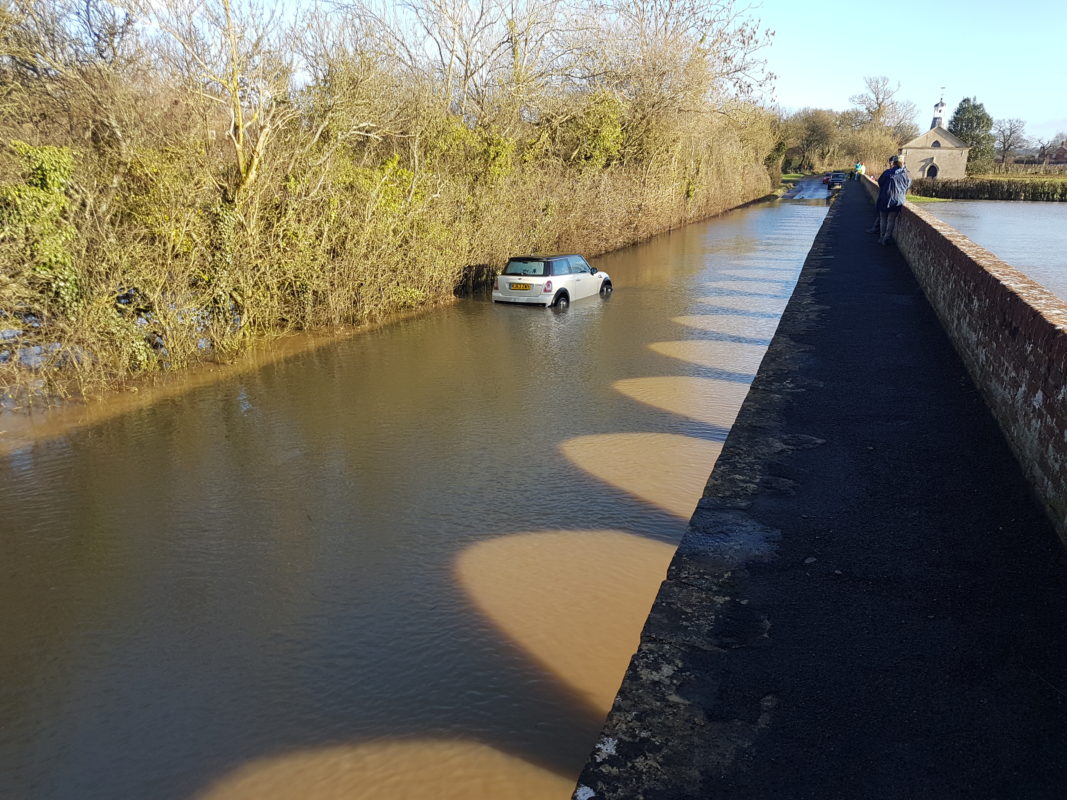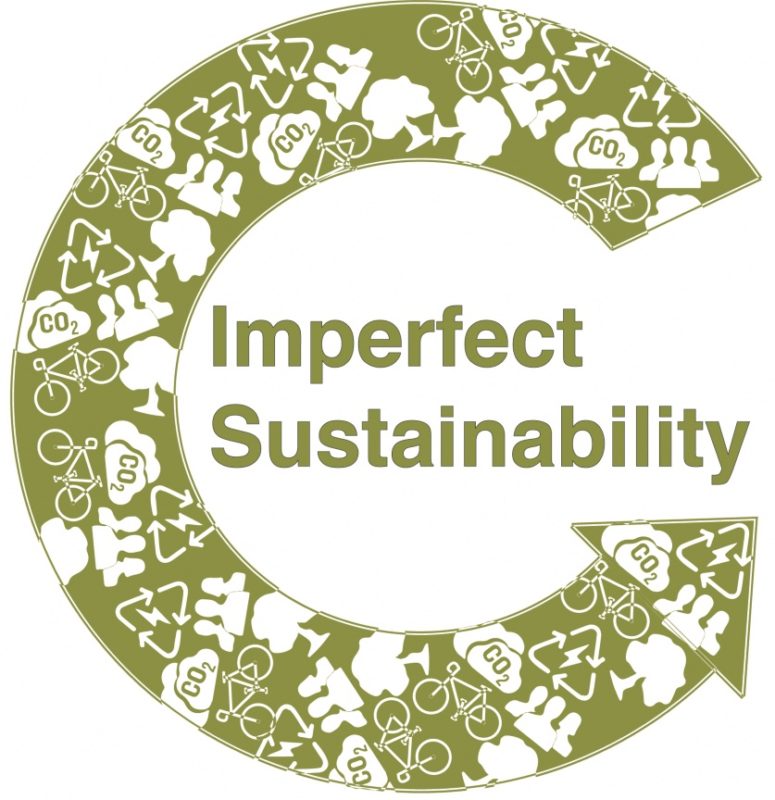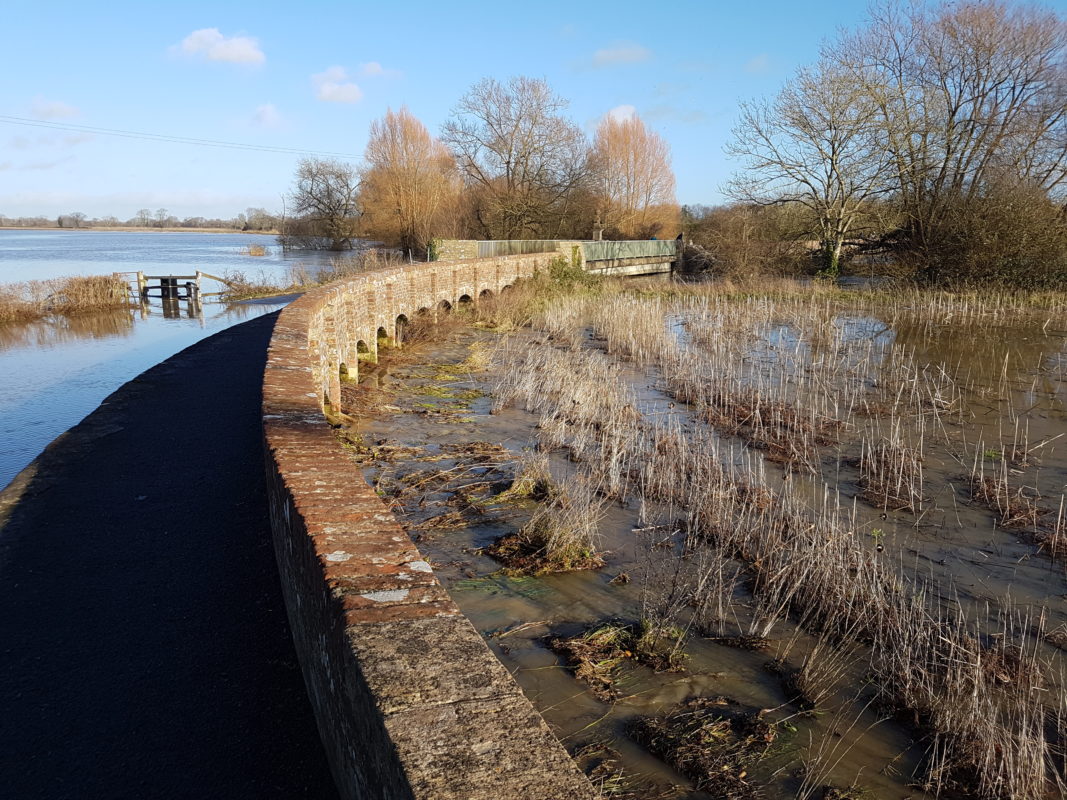I’ve recently come across the work of philosopher Roman Krznaric and his excellent book The Good Ancestor.
An idea that particularly struck home was the concept of Seventh Generation Decision making and the value of Deep Stewardship. In our fast moving world if you were to ask a career politician to make major policy decisions based on looking 200 years into the future, they would laugh you out of the office.
Yet for many indigenous peoples, this is a respected cultural tradition. It is a significant principle of indigenous law that ensures a healthy environment for descendants, especially by restricting the exploitation of natural resources. ‘Living within our limits demonstrates affection for our children and shows love and respect for the earth’.
Underlying this indigenous worldview is a philosophy of deep stewardship, in which the earth is not an object ‘owned’ by the current generation for disposal as we wish, but a living entity to be preserved intact and thriving for our descendants and all life itself. The indigenous perspective does not treat human beings as superior creatures with a special duty to stand guard over creation, but as an integral part of a planetary living whole. As Roman puts it….
Acting as a steward for the seventh generation is a profound expression of biosphere consciousness.
So if politicians working at local, county or national level make decisions, the question they should ask themselves is
What’s that going to do seven generations down the line?
For the environment is not something that is ‘out there’, we are the environment.
This is certainly something that must be considered with the large scale development plans being imposed on Chippenham. I recently happened across a Wiltshire Council proposal looking for a Joint Developer for the Future Chippenham plan. It was one of the most depressing papers I have ever read. It essentially promised to make available all of the county farms based around Chippenham and other council owned land to a developer that could maximise value for the council. In this context value equates to short term financial gain. In our current system land has no ‘value’ unless it has Planning permission for development.
As a business owner we are selling off the balance sheet assets for a short term Profit and Loss gain.

Do we have any examples of Seventh Generation Decision Making in Chippenham?
Maud Heath’s Causeway
When we first moved to Chippenham fifteen years ago I recall our solicitor enthusiastically telling us that our house on Langley road was part of the historic market route that Maud Heath took carrying eggs to market. I’m sure all Chippenham residents have at some point viewed the inscription at the end of Langley road, or walked the causeway on a country walk or cycle ride. Maud Heath left her bequest to maintain the path that she walked several times a week. The charity still maintains the path 500 years later.
As the land in East Tytherton continues to flood it was noticeable that whilst Maud Heath’s Causeway remains passable, the parallel road hasn’t been constructed with similar consideration. As our planet warms approximately 7% more water vapour is held in the atmosphere for each degree C temperature rise. We will need to consider such changes.
The great Victorian civil engineer Joseph Bazalgette planned for the future when building the London sewers that are still in use today. By making them twice the required size, using Portland cement and Staffordshire blue bricks, Bazalgette planned for the long term building a network that has stood the test of time.
Chippenham Borough Lands Charity
A further local example of local long term thinking exists in the form of the Chippenham Borough Lands charity. First established after Queen Mary granted a Royal Charter to Chippenham in 1554 she gave Crown Land to the Borough and the income was split between paying for two local Members of Parliament and the upkeep of the bridge over the River Avon. Today the charity has lands, some of which generate rental income used to benefit the Chippenham populace, and investments used to fund work. The charity supports the people of Chippenham across People & Organisations, Welfare, Education, Arts and Community Projects.
A great example of long term thinking for the good of the community.
What will I do?
If I am fortunate enough to be elected I want to introduce elements of Seventh Generation decision making. I am sure there are many councillors that would say they already do this. But certainly at county level the Future Chippenham and Local plan seem to have an extremely narrow focus that view the only value of the surrounding farmland as a developer’s resource for financial income. I do understand the need for affordable housing and social housing. But removing the ability of future generations of farmers to grow food in a rapidly changing climate, seems to be an act of short term thinking, based on political and financial ideology. Every business I’ve seen that sells off its Balance sheet assets in this way does not survive in the long term. And that is exactly what we are doing here.
The most important question we must ask ourselves is, Are we being good ancestors?’ – Jonas Salk
Jonas Salk and his team developed the Polio vaccine. He never sought to have it patented.
Thank you to Roman Krznaric for his inspiration. I too will try to be a Good Ancestor.


